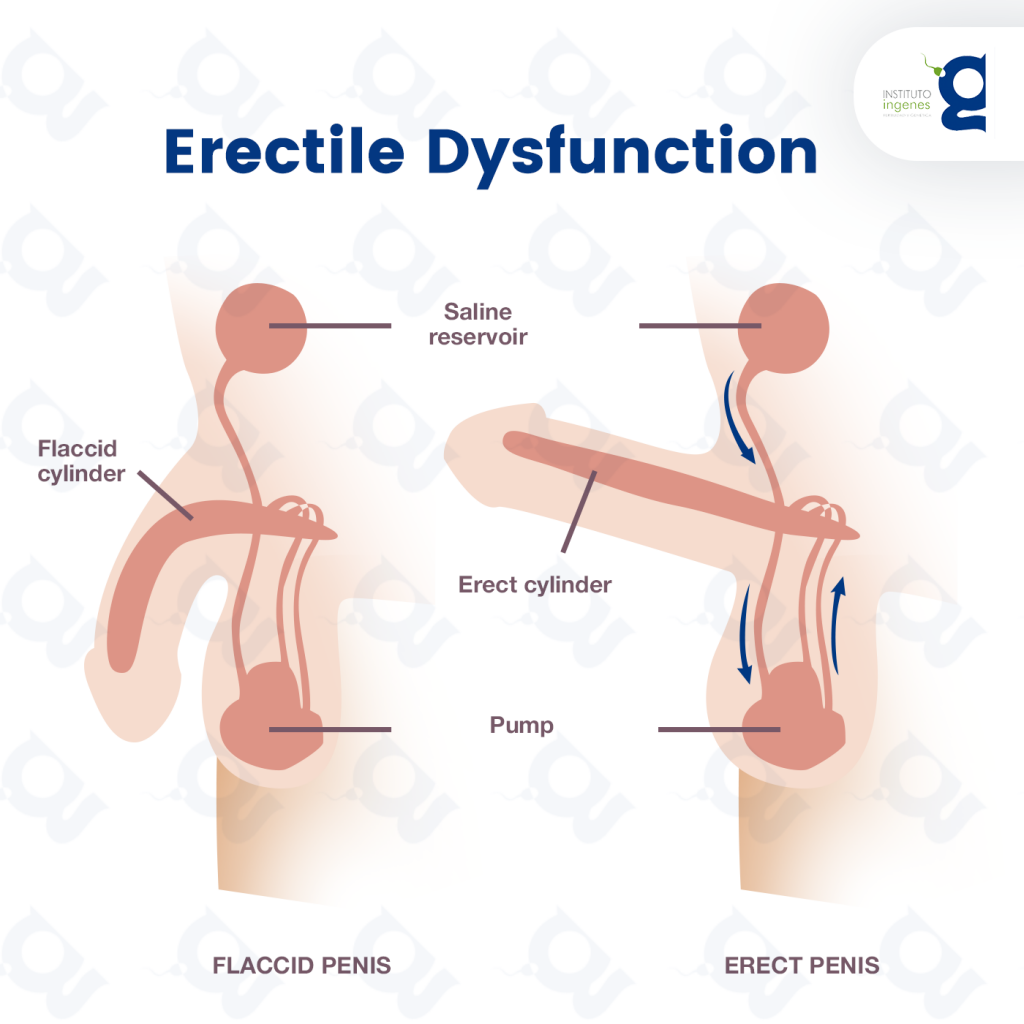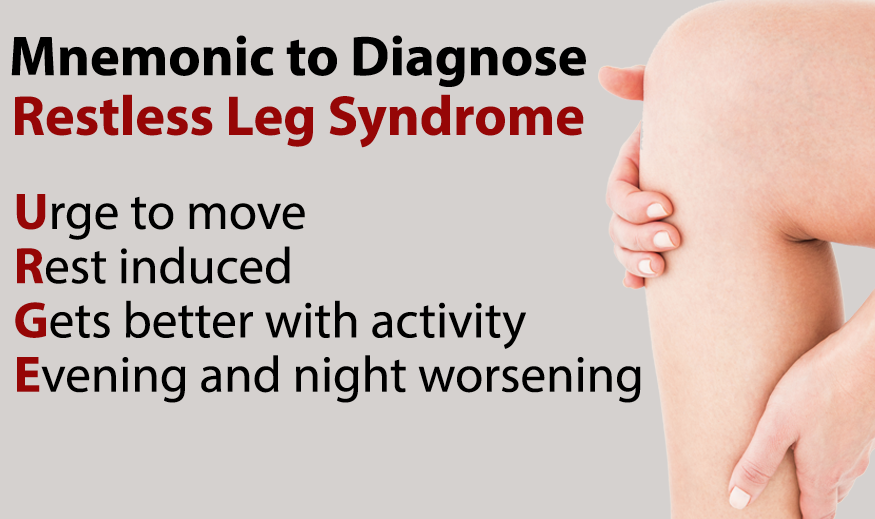Because there are a variety of causes for Erectile Dysfunction ( ED ), there are several different tests your doctor may use to diagnose the condition and determine its cause. Only after the cause of ED is determined can it be effectively treated.
ED Diagnosis
Your doctor will ask you about your medical history. He or she will want to learn if any medical conditions might be causing the impotence. These may include vascular, neurological and hormonal disorders.
Vascular disorders affect the entire body. Many men who have impotence because of vascular disease also have a history of heart disease, stroke or poor circulation in their legs.
Neurological problems can contribute to impotence in men with a history of diabetes and spinal cord injury. They also can cause symptoms in other parts of the body.
In men with abnormal hormone levels, a reduced sex drive often accompanies impotence.
Your doctor will review the medications you take. These include over-the-counter products and herbal remedies.
Your doctor will ask about your sex life. He or she will ask about the quality of your sexual relationships.
Your doctor will examine you to look for evidence of medical problems. This will include an examination of your penis and testes. Your blood may be tested for blood sugar, cholesterol and levels of certain hormones.
Occasionally, a doctor may order additional tests. One such test is a nocturnal penile tumescence study. This is a way to determine how often you get erections while you sleep.
Another test that may be done is a Doppler ultrasound of the blood vessels in the penis. This test measures how well the blood is flowing in your penis.
Your doctor may not be able to give you a specific reason why you have impotence. But many of the treatments work well no matter what caused the problem. So extensive testing may not be necessary.

Before ordering any tests, your doctor will review your medical history and perform a thorough physical examination. The doctor will also “interview” you about your personal and sexual history. Some of these questions will be very personal and may feel intrusive. However, it is important that you answer these questions honestly. The questions asked may include:
- What medications or drugs are you currently using? This includes prescription drugs, over-the-counter drugs, herbals, dietary supplements and illegal drugs.
- Have you had any psychological problems such as stress, anxiety and depression?
- When did you first notice symptoms of ED?
- What are the frequency, quality and duration of any erections you have had?
- What are the specifics of the circumstances under which ED first occurred?
- Do/did you experience erections at night or during the morning?
- What sexual techniques do you use?
- Are there problems in your current relationship?
The doctor may also wish to interview your sexual partner since your partner may be able to offer in sight about the underlying causes.
After your physical examination and discussion, your doctor may then order any one of the following tests to further diagnose your condition:
- Complete blood count (CBC): This is a set of blood tests that, among other things, can detect the presence of anemia. Anemia is caused by a low red blood cell count and can cause fatigue, which in turn can cause ED.
- Liver and kidney function tests: These blood tests may indicate whether ED may be due to your kidneys or liver functioning improperly.
- Lipid profile: This blood test measures the level of lipids (fats), like cholesterol. High levels may indicate atherosclerosis (hardening of the arteries), which can affect blood circulation in the penis.
- Thyroid function test: One of the thyroid hormones’ functions is to regulate the production of sex hormones, and a deficiency in these hormones may contribute to or cause ED.
- Blood hormone studies: Testosterone and/or prolactin levels in the blood may be measured to see if abnormalities in either of these sex hormones are present.
- Urinalysis: Analysis of urine can provide a wealth of information, including information on protein, sugar and testosterone levels. Abnormal measurements of these substances can indicate diabetes, kidney disease or a testosterone deficiency, all which can cause ED.
- Duplex ultrasound: This is perhaps the best test for evaluating ED. An ultrasound uses high-frequency sound waves to take “pictures” of the body’s tissues. For people with ED, an ultrasound may be used to evaluate blood flow and check for signs of a venous leak, atherosclerosis (hardening of arteries) or tissue scarring. This test is performed both while the penis is erect (usually induced by an injection of a drug that stimulates erection) and also while it is soft.
- Bulbocavernosus reflex: This test evaluates nerve sensation in the penis. During the test, your doctor will squeeze the head of your penis, which should immediately cause your anus to contract. If nerve function is abnormal, there will be a delay in response time.
- Nocturnal penile tumescence (NPT): This test measures a man’s erectile function while he is sleeping. Normally, a man will have five or six erections while asleep. A lack of these erections may indicate there is a problem with nerve function or circulation to the penis. The test uses two methods, the snap gauge method and the strain gauge method. The snap gauge method is performed by wrapping three plastic bands of varying strength around the penis. Erectile function is then measured based on which of the three bands breaks. The strain gauge method works by placing elastic bands around the tip and base of the penis. If the penis becomes erect during the night, the bands stretch, measuring the changes in penile circumference.
- Penile biothesiometry: This test involves the use of electromagnetic vibration to determine sensitivity and nerve function. A decreased sensitivity to these vibrations may indicate nerve damage.
- Vasoactive injection: During this test, an erection is produced by injecting special solutions that cause the blood vessels to dilate (enlarge) allowing blood to enter the penis.
- Dynamic infusion cavernosometry: This test is used for men with ED who have a venous leak. During this test, fluid is pumped into the penis at a predetermined rate. By measuring the rate at which fluid must be pumped to attain a rigid erection, doctors can determine the severity of the venous leak.
- Cavernosography: Used in conjunction with the dynamic infusion cavernosometry, this test involves injecting a dye into the penis. The penis is then X-rayed so that the venous leak can be seen.
- Arteriography: This test is given to people who are candidates for vascular reconstructive surgery. A dye is injected into the artery believed to be damaged and X-rays will be taken.
Before you are given any of these tests, your doctor will explain what is involved. If you have any questions, do not hesitate to ask your doctor.













